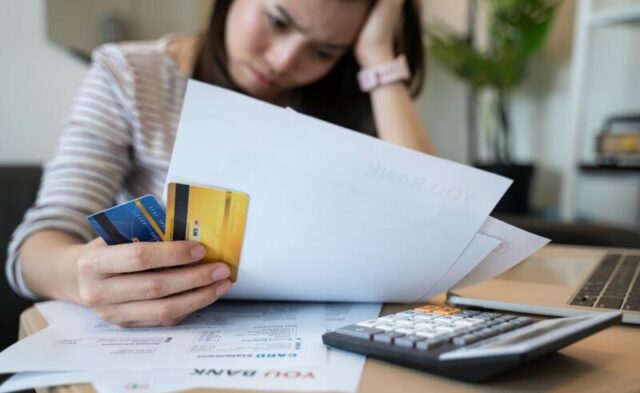As government looks to raise R15bn in tax revenue, a 0.5% increase has been suggested.
As government looks to raise R15bn in tax revenue, a 0.5% increase has been suggested.
CIVIL society groups say any potential VAT rate increase would be a severe blow for business and ordinary citizens.
This week The Mercury’s sister newspaper Business Report reported that PwC South Africa had forecast that for the government to raise an additional R15 billion in tax revenues would require either increasing the corporate income tax (CIT) rate by 1.4% to 28.4%, increasing personal income tax (PIT) rates by 0.5% across all tax bands, or increasing the VAT rate by 0.5% to 15.5%.
In his Medium-Term Budget Policy Statement in November, Finance Minister Enoch Godongwana announced that the National Treasury would propose tax measures to raise the R15bn additional revenue in the 2024 Budget.
“The most economically efficient and least harmful way to raise the additional tax revenues of R15bn that National Treasury indicated would be introduced in Budget 2024 would be by way of a 0.5% increase in the VAT rate to 15.5%,” PwC South Africa tax policy leader Kyle Mandy had said.
However, he said increasing taxes would be a last resort and the Treasury was hoping that revenue collections for the current fiscal year would exceed the November 2023 forecast.
Dick Forslund, from the Alternative Information and Development Centre, said if a VAT increase was implemented it would severely impact consumers, especially the impoverished.
“The problem is the Social Relief Distress (SRD) Grant has remained at R350 and inflation is around 6%. The value of R350 is not the same now as it was in 2020. Now it might only be around R210. If there was another VAT increase, it would be very difficult for members of the public.”
Forslund added that even if a tax increase was necessary it shouldn’t come by way of VAT.
Mervyn Abrahams, the programme co-ordinator for the Pietermaritzburg Economic Justice & Dignity Group (PMBEJD), said a VAT increase would burden the poor the most.
“Everyone pays VAT and if it increases it means the consumer will be paying 0.5% more on all items, including food.”
Abrahams said that to have VAT-exempt foods was not enough.
“These foods are already so expensive and now to add a VAT increase means a consumer will be paying even more for basic foods. To make matters worse for the poor, the national minimum wage increased by 8.5% and the VAT increase could take away 0.5% of that gain. We, as the PMBEJD, are opposed to any VAT rate increase.”
Isobel Frye, director of the Social Policy Initiative, said VAT was a regressive tax as everybody pays the same amount, unlike income tax where you pay according to what you earn.
“So the poor are taxed proportionally much heavier than wealthy people and their expenditures.
Though there are a number of items that are zero-rated, in terms of the broader basket of needs which poor households face this will place a significant increase on households.”
Frye added that South Africa was one of the most unequal countries in the world.
“The SRD grant is set to remain steady at R350, making it more unfair for the poor, and still they could possibly pay more for VAT. There are better ways of spreading revenue as there is a recommendation for a wealth tax, which is still not being considered.”
Dr Kelle Howson, a senior research consultant at the Institute for Economic Justice (IEJ), said it was not necessary to increase tax in this budget cycle to fund the extension or improvement of the SRD grant.
“Moreover, increasing VAT would be extremely harmful to the most vulnerable, who spend a higher proportion of their income on meeting their basic needs. Increasing VAT would be completely counter-productive as it would undermine the poverty alleviating, redistributive and stimulus effects of the SRD grant.”
Howson added that the IEJ and others had put out detailed proposals and modelling for non-regressive (non-VAT) financing options for expanding the SRD grant into a Basic Income Grant.
“Extensive research, including from the government’s own expert panel on Basic Income Support, has found that doing so would boost economic growth and employment but only if it is not financed by a VAT increase. If it were to be financed by a VAT increase, this will have a negative impact on economic growth.”
Godongwana will present the Budget speech in the Cape Town City Hall on February 21 at 2pm.
The Mercury








